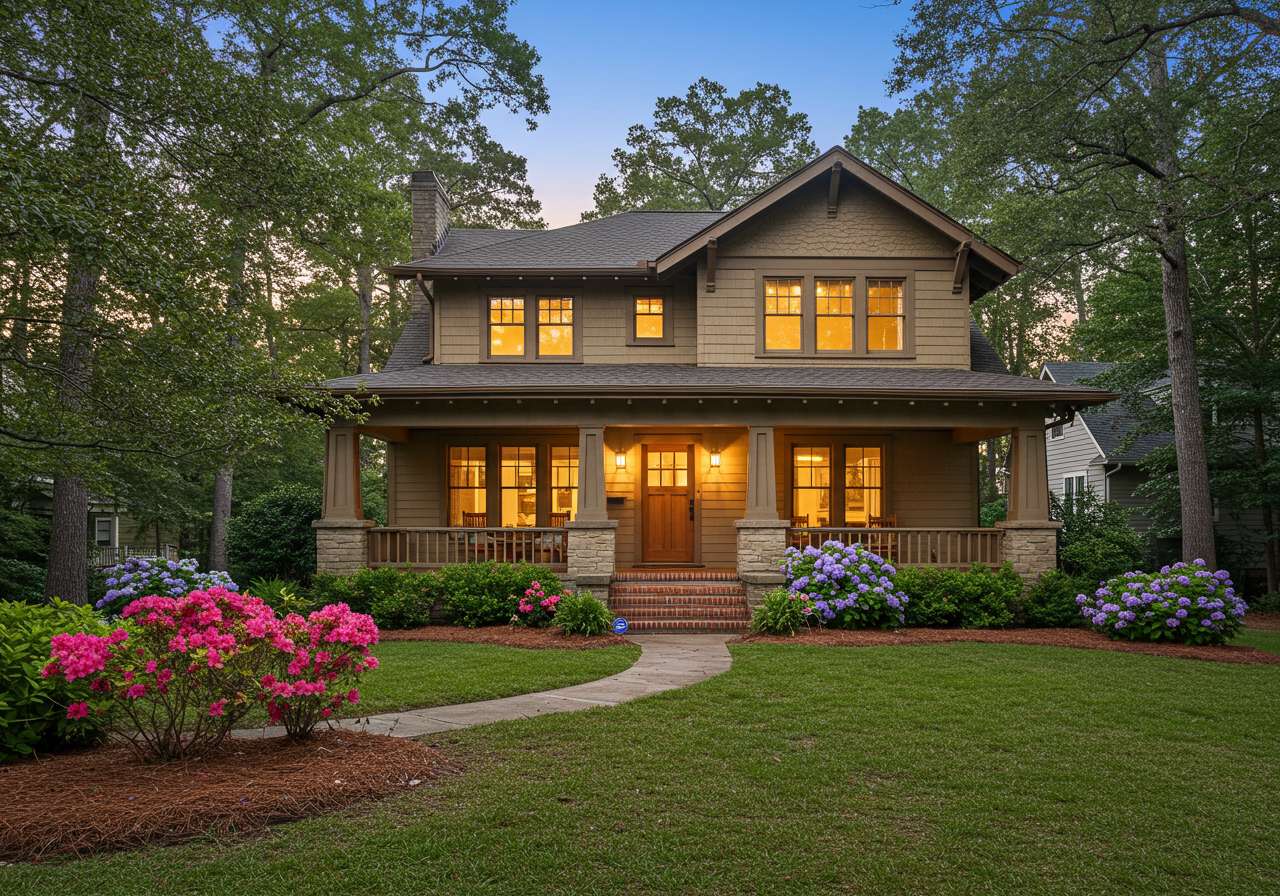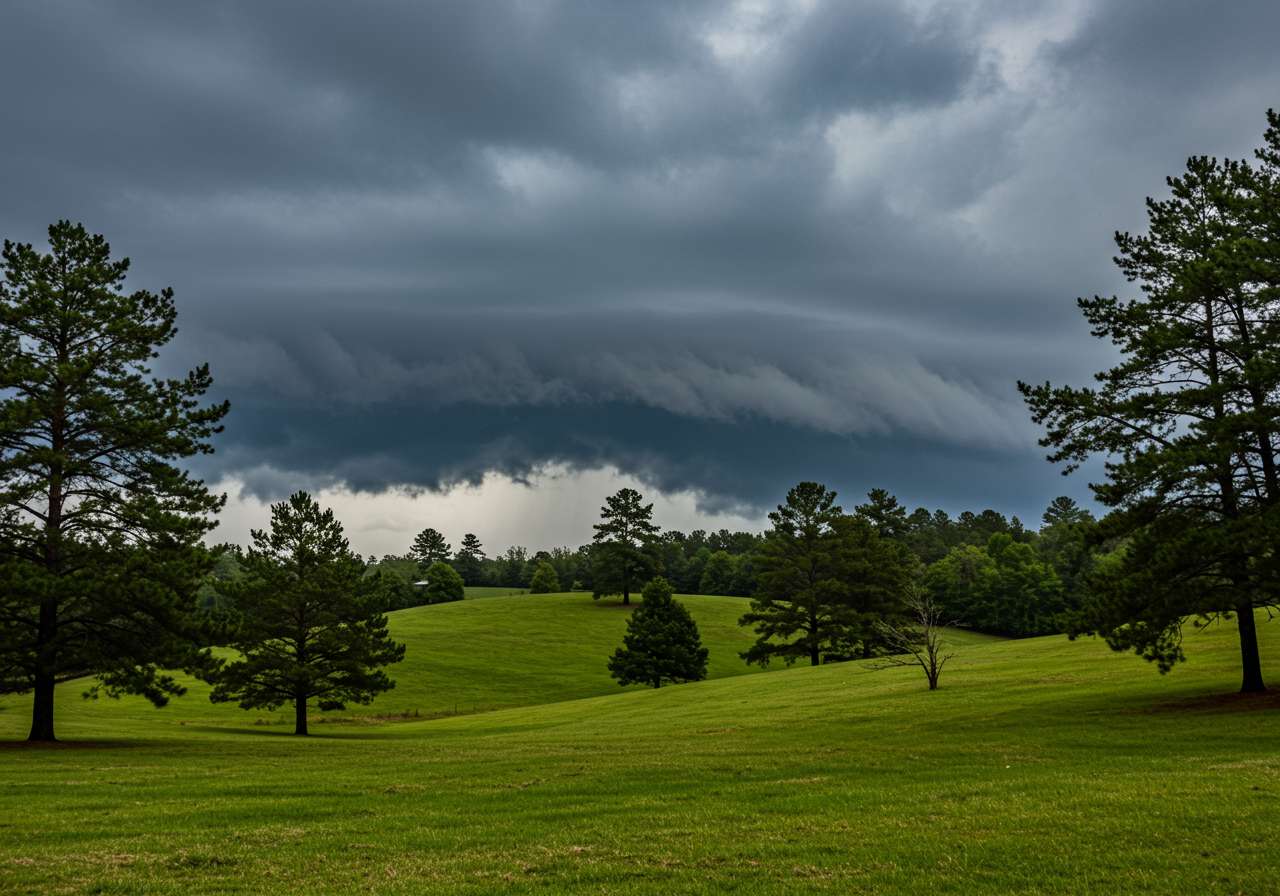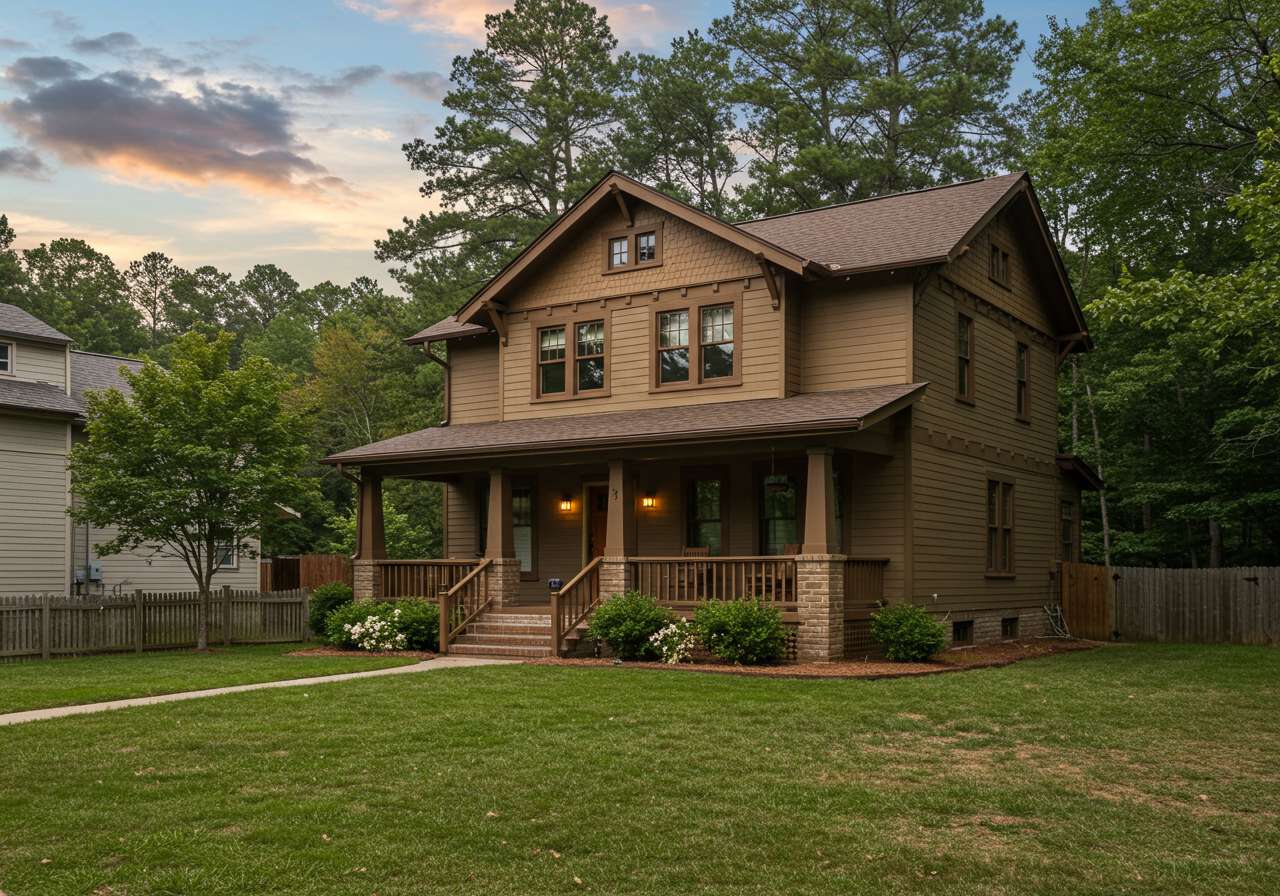Hidden Mold Traps: How Poor Attic Ventilation Fuels Roof-Related Mildew in Concord Homes
Think roof mold only happens after a major leak or storm? Think again. In Concord, North Carolina, our humid climate and erratic temperature swings make unventilated attics a prime breeding ground for hidden mold and mildew—even if your roof looks perfectly dry from the outside. Let’s uncover why poor attic ventilation is one of the most overlooked threats to your home’s health and structural integrity, and what you can do about it.
Why Attic Ventilation Matters for Preventing Mold in Concord
Picture this: It’s a muggy Concord summer, your air conditioning is running, and your attic is baking in the sun. Without proper airflow, that trapped heat and humidity have nowhere to go. The result? Condensation forms on the underside of your roof deck, soaking insulation and wooden beams. Over time, this stagnant moisture creates an ideal habitat for mold and mildew—long before you see any visible stains or smell that telltale musty odor.
- Local building trends in Concord often favor energy-efficient, tightly sealed homes, but these designs can unintentionally trap moisture inside attics.
- Common insulation choices, like blown-in cellulose, sometimes block soffit vents or restrict cross-ventilation, worsening the problem.
- Seasonal swings—from chilly winters to steamy summers—create temperature imbalances that drive moisture into hidden crevices above your ceiling.
How to Spot the Early Warning Signs
- Unexplained allergy symptoms or respiratory issues inside your home
- Peeling paint or bubbling drywall on top-floor ceilings
- Discoloration, dark streaks, or a musty odor near attic access doors
- Increased humidity even when your HVAC is running
Curious whether your attic ventilation is up to par? Many Concord homeowners are surprised to learn that visible roofing problems are often just the tip of the iceberg. A professional inspection can reveal hidden moisture, blocked vents, or even mold growth that standard repairs miss entirely.
Advanced Solutions: Vapor Barriers, Vent Upgrades, and Smart Repairs
Stopping attic mold takes more than a quick fix. Here’s what modern, expert roofers in Concord are doing to get to the root of the problem:
- Installing advanced vapor barriers to prevent indoor humidity from seeping into attic spaces
- Upgrading soffit and ridge vents to maximize airflow, especially in older homes with limited ventilation
- Ensuring insulation doesn’t block vents, using baffles or rafter vents as needed
- Suggesting moisture sensors for early warning and prevention
Why Standard Repairs Might Miss the Mark
Most basic roofing repairs focus on patching shingles or sealing leaks, but if underlying ventilation issues remain, mold will return—often spreading deeper into your attic each season. That’s why Concord homeowners should always ask contractors about their approach to attic airflow during any roof assessment.
Wondering what questions to ask? Try these:
- "How do you assess attic ventilation and moisture risk in Concord’s climate?"
- "Do you inspect insulation and vapor barriers as part of your roof repair process?"
- "Can you recommend upgrades to improve airflow and prevent future mold?"
The right roofing partner will not only spot visible damage but also help you address these hidden risks before they spiral into major repairs or health hazards.
Protect Your Home—And Your Wallet
Mold and mildew aren’t just unsightly—they can erode roof decking, compromise attic insulation, and trigger expensive structural repairs. Even worse, unchecked attic moisture can infiltrate living spaces, making allergies or asthma symptoms worse for your family.
If you’re noticing any warning signs or suspect mold may be lurking above your ceiling, get in touch with our Concord-based expert team today for a free professional inspection. We serve Concord, NC, and understand the unique challenges of our local climate and housing trends.
Insurance Considerations: What Concord Homeowners Need to Know
It’s natural to wonder if your homeowner’s insurance will help cover mold remediation or repairs. Here’s what’s typical for Concord, NC:
- Insurance usually covers mold damage only when caused by a “covered peril”—such as storm damage or sudden leaks—not ongoing ventilation issues.
- If poor attic ventilation or gradual moisture buildup is the cause, coverage may be limited. Policies often exclude “maintenance-related” mold.
- Thorough documentation from a professional inspection can help clarify causes, which is essential if you need to submit a claim.
Insurance claims can get complicated if ventilation is at fault. Our team can help walk you through the inspection process, provide detailed reports, and assist with the documentation your insurer may require. As always, consult your policy and agent for specific guidance.
Don’t let hidden mold or inadequate ventilation threaten your Concord home. Protect your roof—and your health—by acting early and relying on trusted local experts who understand what makes our area unique.
.png)




